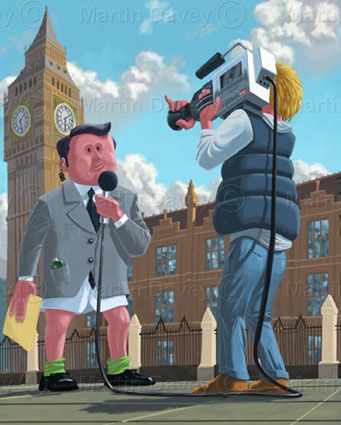 |
Police say about 85,000 people took to the streets of Paris to demonstrate |
French unions have staged their biggest strikes and demonstrations so far in opposition to the government's pension reform plans. Unions put the national turnout on the third day of protests this month at 3.5m, while police said 1.2m people were involved. The cabinet wants to raise the minimum retirement age from 60 to 62, and from 65 to 67 for a full state pension. Some unions say they might extend or continue the strikes. On Tuesday evening, strikers in the RATP Paris transport network voted to renew their action.Workers in the SNCF national rail company and several other sectors are due to vote on Wednesday on whether to strike for a second day. If there are rolling strikes they would be organised by serving notice of 24-hour stoppages and renewed each day before they expired. One cement worker demonstrator in the central town of Angouleme told Agence France-Presse: "I'm prepared to extend the strike. I started working at 17 and now I'm 50, and I'm starting to get really fed up with it." Transport was badly affected on Tuesday. Half of all flights to and from Paris Orly airport, and one in three at Charles de Gaulle and Beauvais were cancelled for Tuesday. Just one in three TGV high-speed trains was running. Although Eurostar says its service between Paris and London has been operating normally.
"This is one of the last chances to make the government back down," said Francois Chereque, the leader of the French Democratic Confederation of Labour (CFDT). "The large majority of employees cannot afford to pay for repeated days of strikes." In Paris, hundreds of tourists were ushered away from the Eiffel Tower after staff joined the strike in early afternoon. Students and school pupils also joined the movement for the first time, with some barricading the entrances to their schools with plastic bins. French Prime Minister Francois Fillon described the strikes as "irresponsible" and said: "We are determined to carry through this reform." The French oil industry has been hard hit. Workers at the Fos-Lavera oil port in southern France are striking for a 15th day, forcing up diesel prices in Europe. Diesel supplies have run out on Corsica, and one union is warning of petrol shortages if the strike continues. Some 56 petrol tankers and 29 cargo ships are stranded outside Fos-Lavera port. Eleven of France's 12 mainland refineries have been affected.
 |
| Economic Co-operation and Development |
Workers at two of Total's refineries are striking for 24 hours, another two for 48 hours - both are cutting output to minimum levels and halting fuel supply. The French upper house, the Senate, is currently voting on the pension reform plans, article by article. The most contentious parts - raising the standard minimum retirement age from 60 to 62, and the age for a full state pension to 67 from 65 - have already been approved. The rest of the bill is expected to be passed by parliament in the coming weeks. "We're not here to do what's easy, we don't always have the people's approval," Labour Minister Eric Woerth said. "It's difficult to tell the French that the they have to work more, up to 67 years, but it has to be done." Last week, President Nicolas Sarkozy said he would inject more money into his retirement reform bill so some mothers could receive a full pension even if they had taken years out of work. The changes will be financed by new taxes that will bring in 3.4bn euros (£3bn). French workers can expect to spend more of their life in retirement than those in any other country, according to figures from the Organisation for Economic Co-operation and Development (OECD).


 Posted in:
Posted in: 
















































0 comments:
Post a Comment